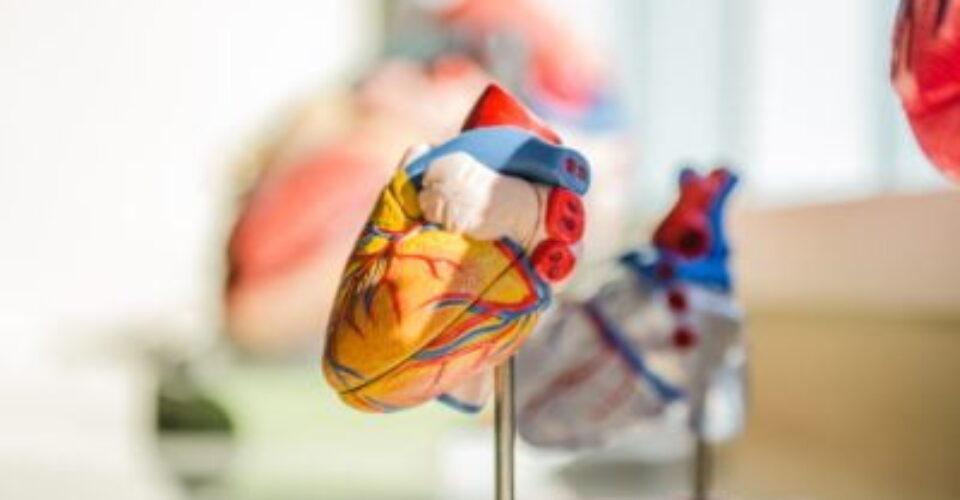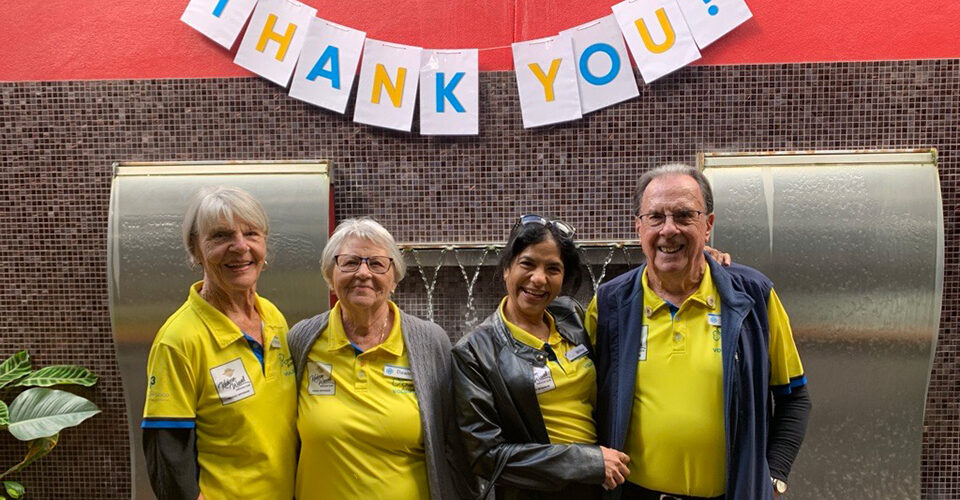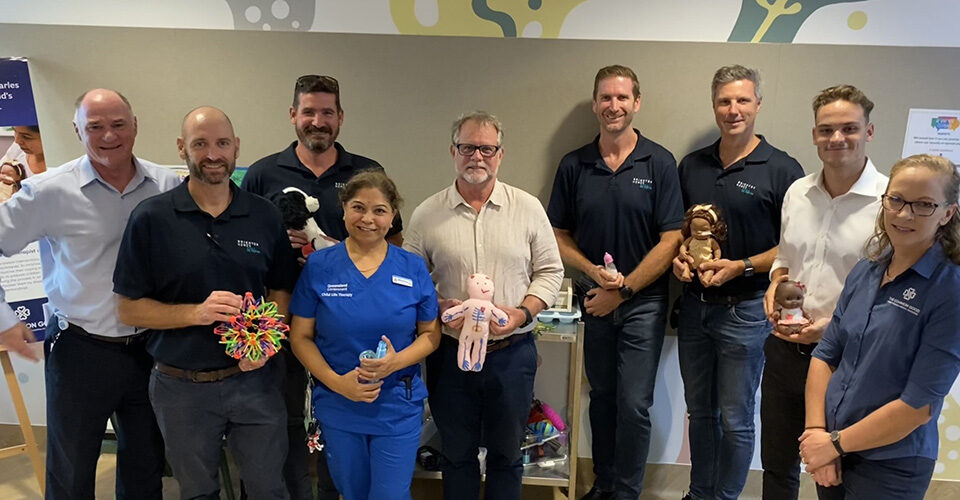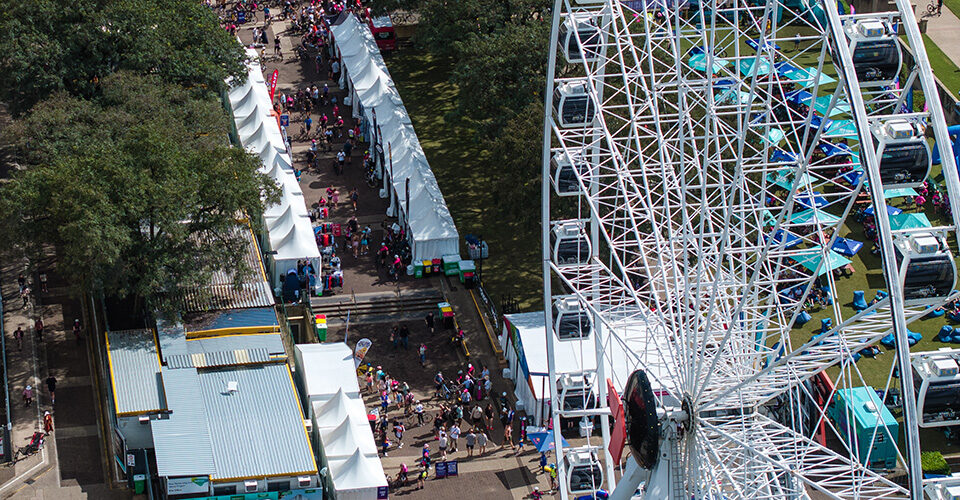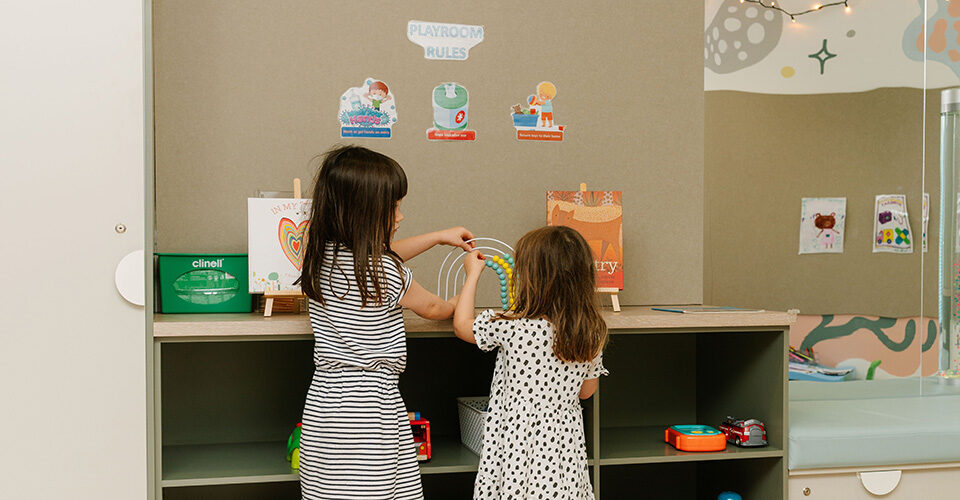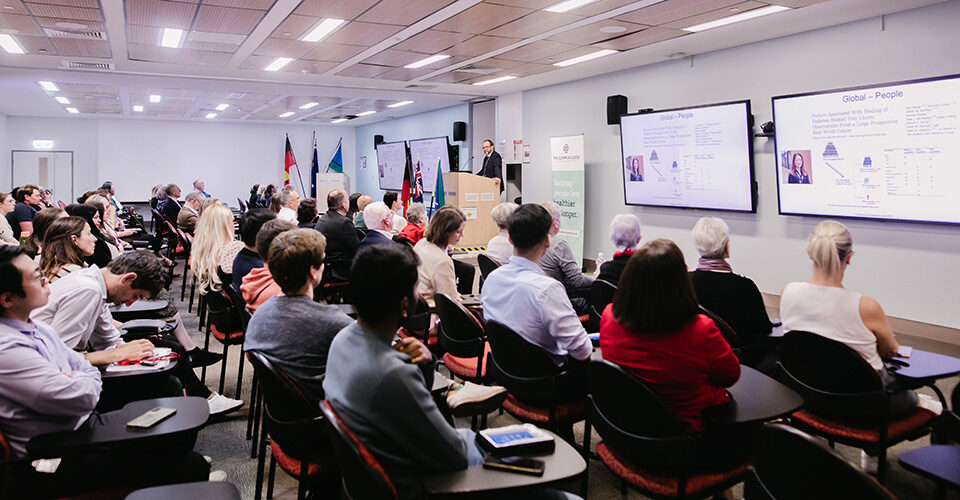Currently, the organ and tissue transplant waiting list sits at about 1,500 Australian patients.
Of these people, 60 are waiting in vain for a new heart to beat in their chest and give them a second chance at life. Statistically, between 10 and 15 of these people will tragically pass away while waiting in vain and the team at The Prince Charles Hospital believes that’s simply not good enough. Everyone’s first response is that we need more registered organ donors: while this is true, it’s not the only issue.
In 2014, there were about 160 hearts that were donated and, due to suitability, not transplanted from Australian donors. That is potentially more than enough hearts for the patients waiting for transplants.
While we hear about the low organ donation rates a lot in the media, the other big problem is organ viability. Of these hearts that weren’t transplanted, 74 weren’t medically suitable and 24 were prevented due to the circumstances in which the patient died, and the impact that had on the body.
So, what if we better understood the impact that death had on the circulatory system? Could we increase the amount of donated hearts that could be transplanted?
New Investigator Madeline Keenan is excited to find out. Working under an experienced team, she will be looking at the affect brain stem death (BSD) has on the organs of sheep – an animal model relative to that of humans. In particular, she’ll be looking at a special structure that they believe breaks down in the blood vessels during BSD, and might be the key to keeping more hearts and other organs viable for transplant.
Madeline and the team are already on the way to collecting all data they need.
It’s the first step to solving this puzzle, and getting new hearts to patients that desperately need them.
Support The Common Good!
